Spending financial resources on marketing for exports, getting your company export ready and doing countless research on Incoterms®, free trade blocs, international competition etc., is all done in an effort to make a profit on your export sales. However, if your buyer doesn’t pay you, you will see no gains and be out of pocket for expenses! The payment method you and your buyer agree to heavily influences your financial risk. Ultimately, your ability to manage international financial risk is essential to your company getting paid. This article focuses on two payment methods in international trade and their associated risk for an exporter.

Payment Method Number 1: Cash in Advance.
If cash in advance is the chosen payment method, the importer pays the seller for the goods before the consignment is dispatched from the exporting country and sometimes even before the seller manufactures them. When using cash in advance as a payment method, the buyer is not protected if the exporter does not deliver the goods on the agreed date. Thus, cash in advance presents the least financial risk for the exporter.
Payment Method Number 2: Documentary Credits or Letters of Credit (L/C)
After cash in advance, letters of credit offer the exporter the most protection. When using a letter of credit as the chosen payment method, the issuing bank (in the importing country) agrees to pay the agreed sum of money to the exporter, provided the exporter presents certain documents and complies with the various terms in the credit. A letter of credit is irrevocable. The issuing bank is irrevocably bound to pay the exporter provided they abide by the terms of the credit. However, a letter of credit offers both the importer and exporter a certain amount of security. For example, provided the exporter complies with the terms of the letter of credit, payment is assured. On the other hand, the importer is assured that the bank will not release payment unless the exporter meets the terms of the letter of credit. For example, the terms stated in the letter of credit may require the exporter to present specific documentation proving that the goods have been shipped.

Your ability to manage financial risk and maximise opportunities heavily influences your international success. However, very few exporters know the full extent of the danger they face in the global market. As an exporter, you must understand how to mitigate your risk. Thankfully, Trade Forward Southern Africa, in collaboration with the International Trade Institute of Southern Africa, has created a free and comprehensive online training course on various aspects of global trade, including identifying and mitigating international financial risk. The modules provided include training on international finance, foreign exchange rates, Letters of Credit, international payment methods and Incoterms®. Click the links below to sign up for free and get started.
To sign up to the School of Export CLICK HERE.
If you already have a profile, CLICK HERE to login to begin the module.
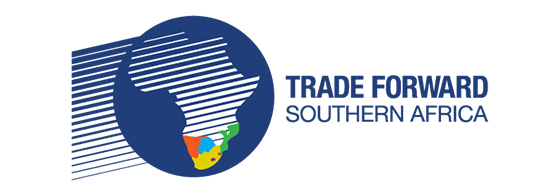
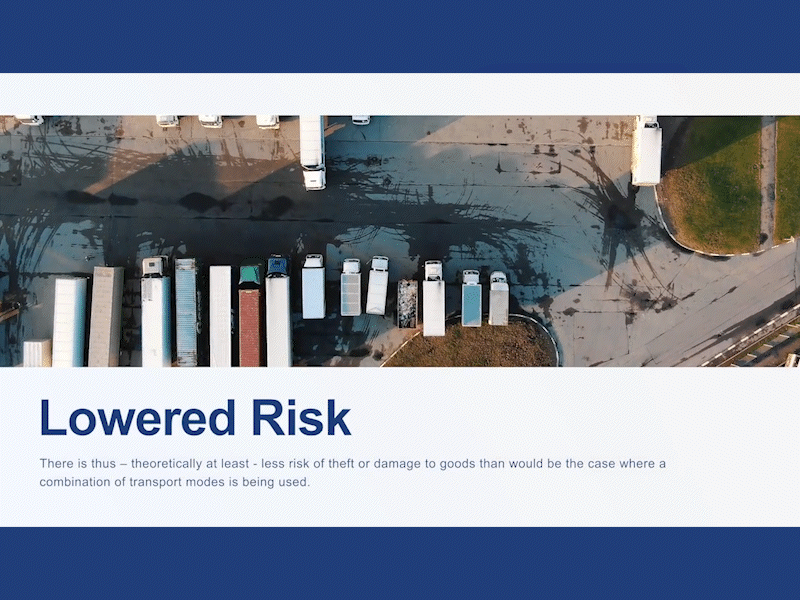
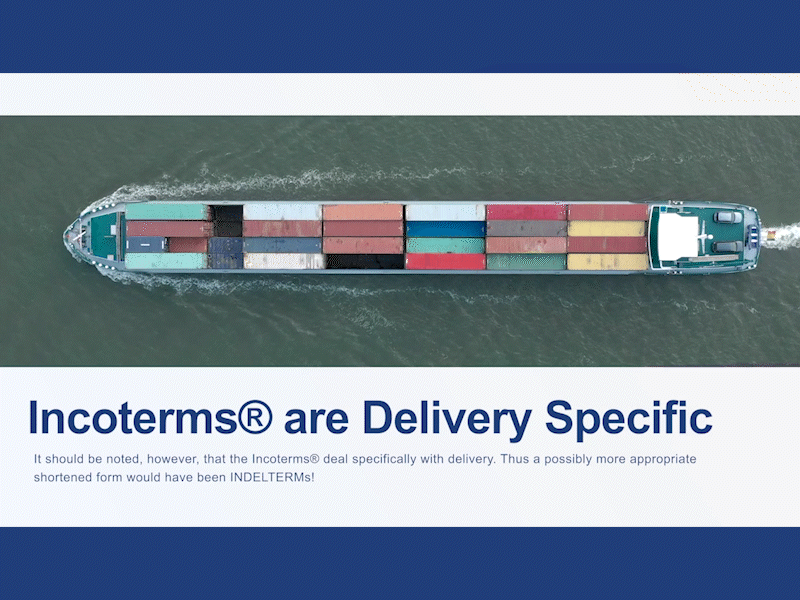
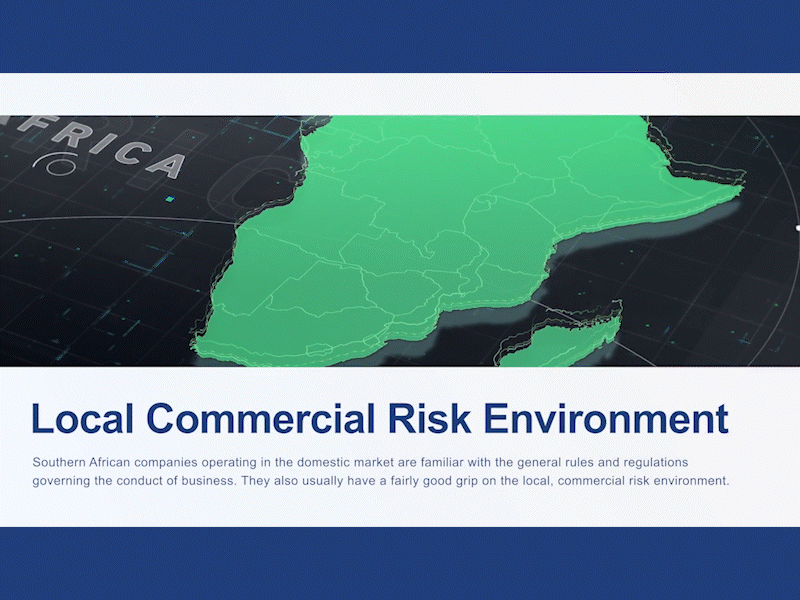
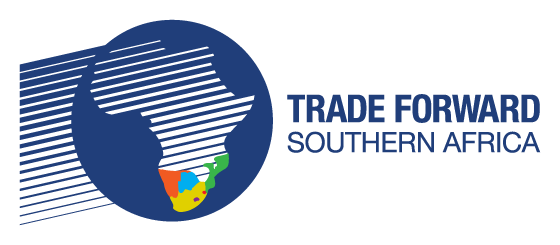





Leave a Reply